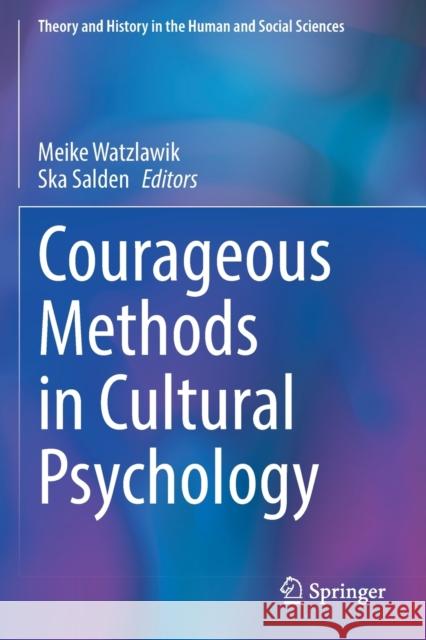Courageous Methods in Cultural Psychology » książka
topmenu
Courageous Methods in Cultural Psychology
ISBN-13: 9783030935375 / Miękka / 2023 / 281 str.
Courageous Methods in Cultural Psychology
ISBN-13: 9783030935375 / Miękka / 2023 / 281 str.
cena 444,86
(netto: 423,68 VAT: 5%)
Najniższa cena z 30 dni: 424,07
(netto: 423,68 VAT: 5%)
Najniższa cena z 30 dni: 424,07
Termin realizacji zamówienia:
ok. 16-18 dni roboczych.
ok. 16-18 dni roboczych.
Darmowa dostawa!
Kategorie:
Kategorie BISAC:
Wydawca:
Springer Nature Switzerland AG
Seria wydawnicza:
ISBN-13:
9783030935375
Rok wydania:
2023
Ilość stron:
281
Wymiary:
23.5 x 15.5
Oprawa:
Miękka
Dodatkowe informacje:
Wydanie ilustrowane











